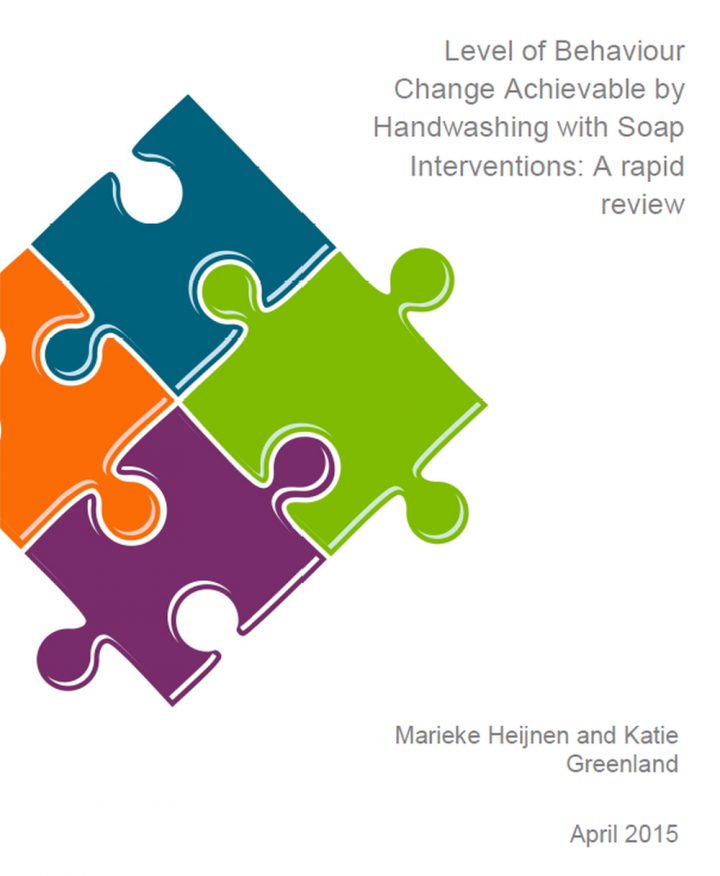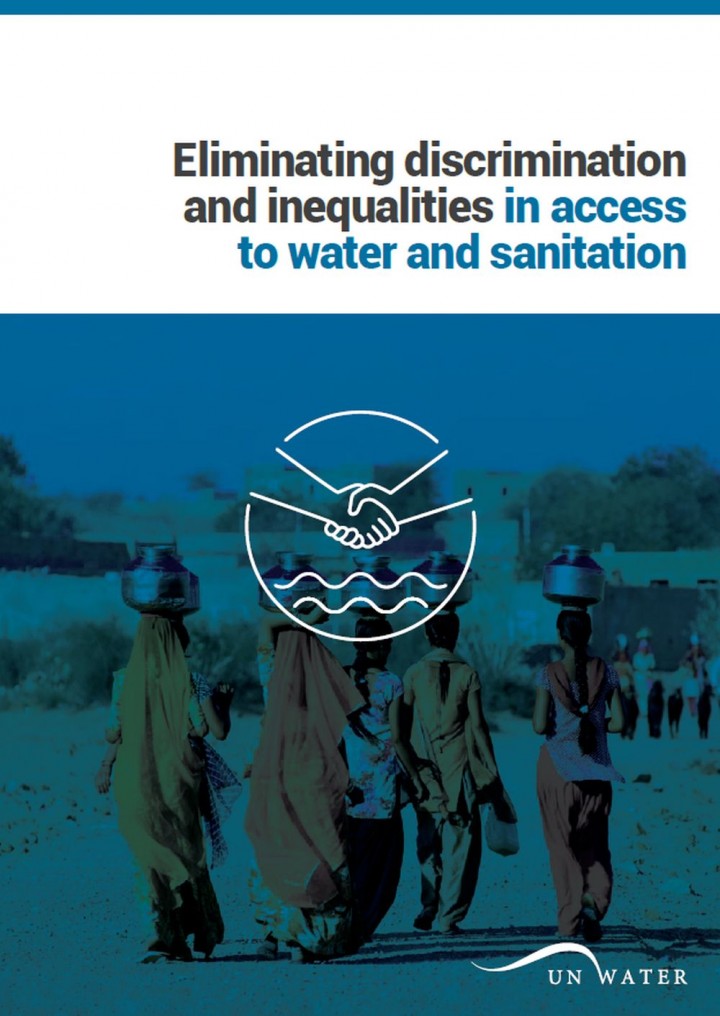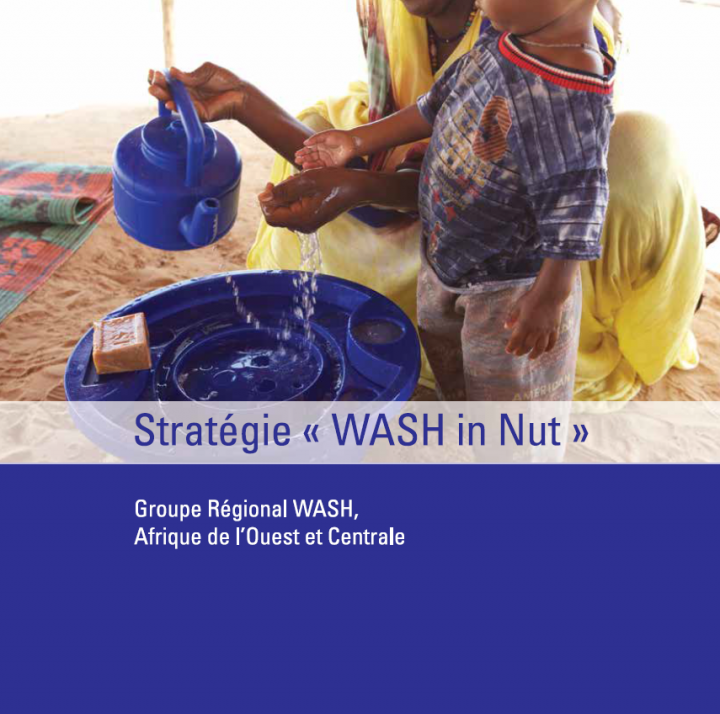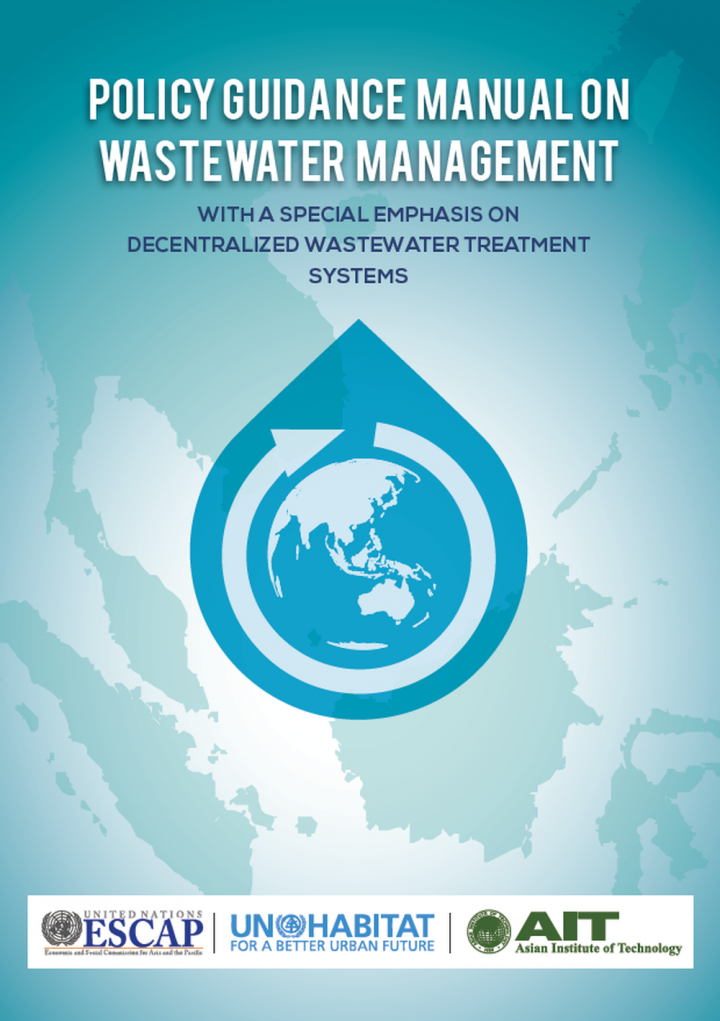Searching for information on Sanitation Workers?
The Sanitation Workers Knowledge + Learning Hub is the best source for all current news, trends, articles and updates on sanitation workers rights around the world.
Evidence on Demand was requested by DFID to undertake a rapid desk-based study to assess the level of change in handwashing with soap that could be expected from a successful hygiene promotion intervention in a low or middle-income country setting. As part of this task, a summary of factors that may influence intervention outcomes and
sustainability is provided.
Water, sanitation an Hygiene (WASH) conditions are playing a big role in our everyday live.
Having Information and knowledge as well as caring about hygiene can not only save lives and ensure better health but it could also help achieve educational, social and economic improvement.
As we see it, schools, being a place of knowledge, are in a good position to get a massage across about the …
Ensuring citywide sanitation is challenging and needs strategic planning as well as involvement of various actors /agencies, such as decision makers at state and city level, city engineers and technical experts in areas of urban planning, sanitation, technical infrastructure and financing. One of the main requirements in establishing a citywide sanitation system on the ground is strong …
This document UN-Water provides a summary on discrimination and inequality in the field of water and sanitation: it explains the concept of discrimination, details the human rights in regarding equity in the WASH sector and presents the course of action towards the elimination of discrimination and inequality.
La présente stratégie régionale mise à jour en 2015 a été lancée en 2012 face à la crise nutritionnelle et alimentaire au Sahel, révisée lors du processus de consultation en 2014, elle reste une orientation intersectorielle adaptable aux spécificités nationales et locales de chaque pays.
French title: Stratégie - Groupe Régional WASH, Afrique l'Ouest et Centrale
To explore linkages between water, sanitation and hygiene (WASH) and maternal and perinatal health via a conceptual approach and a scoping review
Methods:
We developed a conceptual framework iteratively, amalgamating three literature-based lenses. We then searched literature and identified risk factors potentially linked to maternal and perinatal health. We conducted a systematic scoping …
Kisumu is the principal city of western Kenya and the third largest city in Kenya. It covers an approximate area of 297 km2 and sits on the shores of Lake Victoria. The city is divided into two topographical areas, the hilly north and the southern plain. The current population is estimated to be 419,072 and 60% of the population live in informal settlements. A majority of people in Kisumu use …
Safe access to water and sanitation is an issue of global concern and a challenge posed through national policy as a human right to achieve the benefit of these basic services for all Bolivians.
Thanks to that approach, progress has been made significant achievements in increasing households today have improved their quality of life with water supply and sanitation services in their …
Promotion and dissemination of Decentralized Sustainable Sanitation represent a strategic line of knowledge management of “Decentralized Sustainable Sanitation NODE Project as a Knowledge and Impact Generation
of Sustainable Solutions Platform”, implemented under a strong conviction to socialize experiences, share updated information and disseminate Ecological Sanitation values.
The …
Reusso is a practical magazine that summarizes the knowledge and experience developed in ecological sanitation in various Bolivian institutions that make up the Decentralized Knowledge NODE on Sustainable Sanitation. It is a tool for the dissemination of Sustainable Sanitation Node Project as a Platform of Decentralized Knowledge Generation and Impact on Sustainable Solutions, funded by the …
Poor water quality and sanitation are leading causes of mortality and disease in developing countries. However, interventions providing toilets in rural areas have not substantially improved health, likely because of incomplete coverage and low usage. This paper estimates the impact of an integrated water and sanitation improvement program in rural India that provided household - level water …
In March 2015, a household sanitation survey in Yei was carried out within the framework of the GIZ Development of the Urban Water and Sanitation Sub-Sector in South Sudan (GIZ DUWSS) Programme. Applying a random cluster sample method, quantitative data was collected from a total of 1,284 households within the urban boundaries of Yei. The sample size covered approx. 4% of the urban population in …
In Kampala, about 90% of the people rely on on-site sanitation solutions, which cannot be considered “improved” or “acceptable” in most cases: too many households share one toilet; pit-latrines are unlined, filled with solid wastes, and hard to access for emptying services, ultimately leading to filled-up facilities that are either abandoned or directly emptied into the environment, …
Sanitation issues are some of the most significant development challenges for Kampala City, Uganda. Like many other capital cities in developing countries, Kampala is experiencing rapid population and economic growth. However, provision of key services including adequate sanitation for the city population has not been in tandem with these developments.
In Uganda, piped sanitation systems are …
Most adolescent girls and women menstruate. This means that for five to seven days each month they bleed through their vagina. This monthly bleeding is often accompanied by abdominal cramps, headaches, mood changes and general lethargy all of which can be exacerbated by social stigma, myths and a lack of requisite infrastructure to manage menstruation safely, privately and hygienically. The …
This issue of Frontiers of CLTS brings together lessons on violence related to sanitation and hygiene and examples of good practice from a range of contexts including urban and humanitarian as well as rural. It interprets these lessons to propose good practice for CLTS practitioners in how they can contribute to reducing vulnerabilities to violence through the ways they work.
This impact brochure introduces the reader to the main objectives and interventions of the project and highlights hands-on experiences from the ground. The main focus of this brochure lies on showing the impact of the project SNUSP on people living in cities, institutional processes such as sanitation planning and policy making at national, state and city level.
Finally it provides insights …
The Policy Guidance Manual on Wastewater Management with a special emphasis on Decentralised Wastewater Treatment Systems (DEWATS) highlights adequate policy and sustainable practices from the South-East Asia (SEA) region and worldwide. The primary objectives of the Policy Guidance Manual on DEWATS for SEA are three-fold:
(a) to guide national and local policy-makers and experts of SEA in …
The past decades have seen a growing appreciation of the role of market-based approaches in driving global development. Many coalitions of public and private players have emerged to promote them. How best to trigger and support these market-based approaches? How to leverage the expertise and resources of diverse members in coalitions? This paper presents insights from the Toilet Board Coalition …
Increasing population growth leads to increased resource (water, food, chemicals and energy) demand. Concomitantly, increasing volumes of ‘used resources’, commonly considered waste, are produced. There is a growing awareness that the resources that could be potentially recovered from these used streams or wastes represent economic value and should not be lost. One of the greatest challenges …
The Cuvelai-Etosha Basin in Namibia is home to approximately 850,000 people – almost half the country’s population. They all need good and healthy water for their daily life, for farming and for sanitation purposes. The Namibian Ministry of Agriculture, Water and Forestry, together with the Institute for Social-Ecological Research and the Technical University Darmstadt in …
Bignona and Tenghory Trans-Gambian are in the region of Casamance, Senegal. The study area is comprised of seven districts (six in Bignona, one is the neighboring district ofTenghory Trans-Gambian in the municipality of Tenghory). These seven districts have a total area of 10.5 km². The population sums up to 44,783 with an annual population growth rate of 2.7%. The average population density is …








































